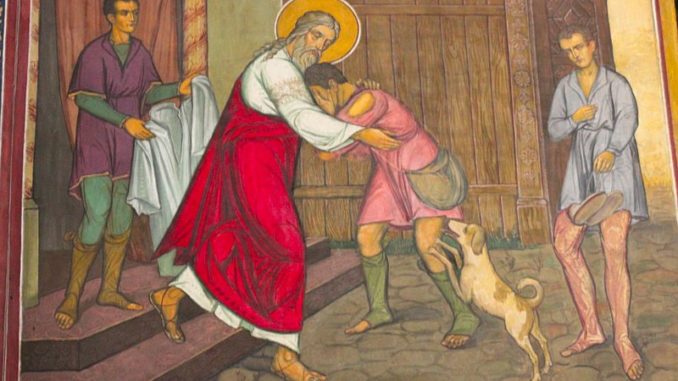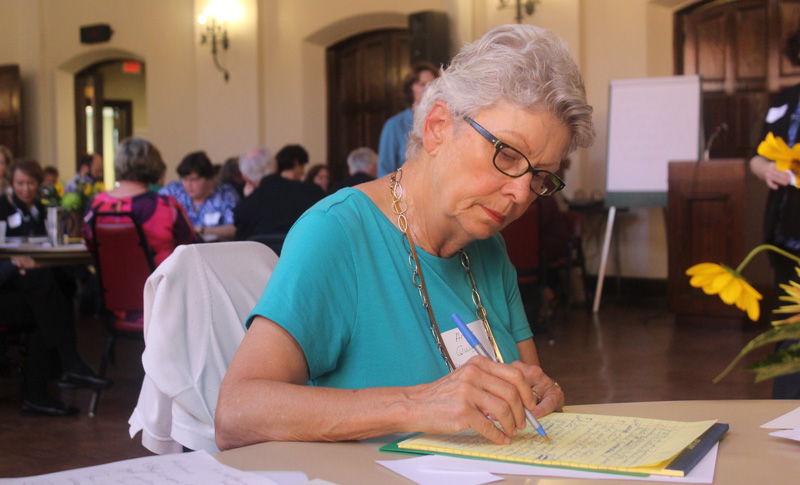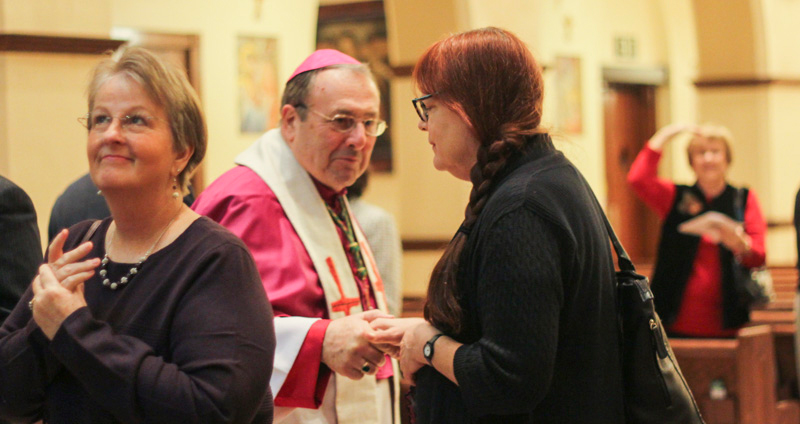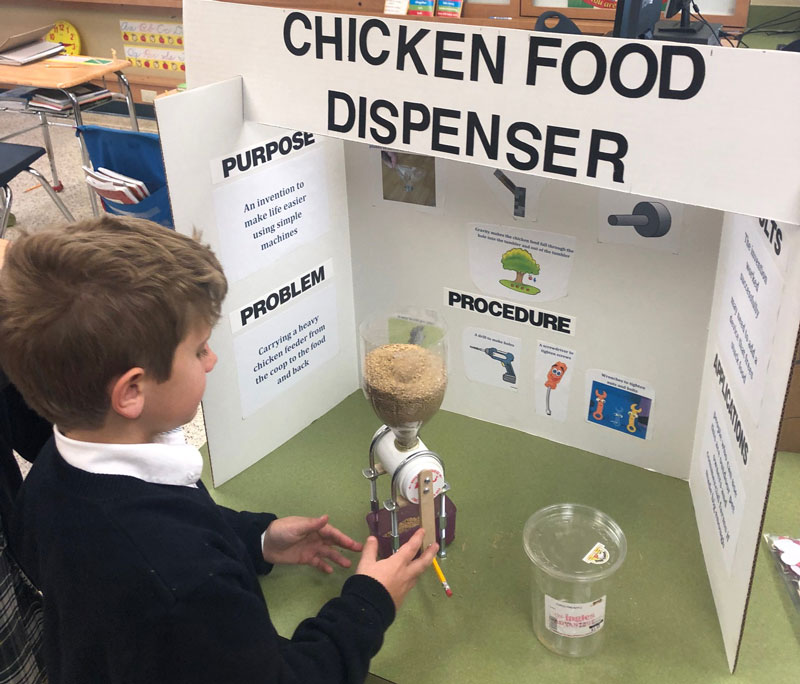
Back in the 1970s the African American Catholic Bishops of the U.S. wrote a pastoral letter entitled “Brothers and Sisters to Us.” It took a pointed look at the history of race relations from the era of slavery on, and it highlighted the plight of minority groups, particularly the poor, the under-educated, and the imprisoned. One of the most memorable statements of the document was this declaration: Racism is a sin.
Deep down, we all know that. We also know, as we look back at Judaeo-Christian history, that slavery existed. St. Paul’s form of resistance was to send Onesimus back to Philemon (the slave-holder) with the caution that he should receive Onesimus, who had been a great help and a friend to Paul, as a brother in the Lord.
We all talk a good game, but we realize that our churches are, in many cases, very segregated. We have also learned — recently indeed — that churchgoing youth and adults are capable of hate speech and hate crimes. No one can pin down an explanation as to why. Part of it has to be that we are capable of hearing God’s Word and knowing the stories of how Jesus responded to people, but we are also very capable of deflecting the message from ourselves.
In other words, we don’t internalize the spirit of the Gospel and the Biblical sense of one human family.
In mid-October, I had occasion to meet with representatives of three groups which are all about building bridges. One is the South Carolina Christian Action Council, which is made up of numerous Christian denominations and free churches. Its ongoing effort is to promote mutual understanding and address injustices which mostly afflict minorities. Among those issues are predatory lending and the unhealed wounds from years of segregation. “Who Lynched Willie Earl?” was the title and topic of author Will Willimon’s recent talk (and book) about a Greenville youth tortured and killed by a mob in the late 1940s.
The conclusion of a white preacher in Pickens was that everyone in his congregation and beyond did the deed — because of their apathetic reaction and privilege.
Another group is the Interfaith Partners of South Carolina. This group represents Christian and non-Christian people of faith. It promotes dialogue, shared celebrations, and conversations about areas of mutual concern. The resurgence of anti-Semitism is one matter. The stereotyping of Muslims is another. Respecting “what is holy and true” in one anothers’ traditions is a major theme — just as it was in one of the declarations of the Second Vatican Council (“Nostra Aetate”).
The third group is the Fellowship of South Carolina Bishops, which includes those denominations whose pastoral leadership includes bishops. The group includes Lutheran, Anglican, Roman Catholic, United Methodist, African Methodist Episcopal, and Christian Methodist Episcopal bishops and their representatives.
The fellowship has been sponsoring ongoing initiatives and actions to address inequities in public education in the impoverished areas of the state. This year, the fellowship is joining with the University of South Carolina’s Equity Summit to promote its annual dialogue. The topic, addressed from a Christian perspective, is “Confronting Hate”, on Nov. 21 from 6-7:30 p.m. at the State Museum.
These and other ecumenical and interreligious events are worth our time and attention. They may not only preserve us from sin but acquaint us with some Good Samaritans we have not yet met.




